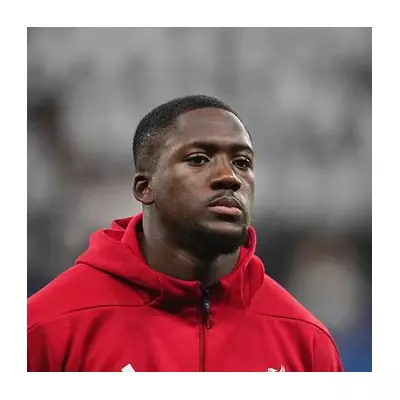
The sporting world has been plunged into fresh controversy after the 11-year-old granddaughter of a British Olympic champion missed out on qualifying for a competitive event, finishing behind a transgender student.
The young athlete, whose family boasts an impressive Olympic pedigree, saw her qualification hopes dashed in what her family describes as an "unfair" competition. The situation has prompted her furious relatives to lodge a formal appeal, arguing that the current rules create an uneven playing field in women's sports.
Family Legacy Meets Modern Controversy
Coming from a family with deep roots in British sporting excellence, the young competitor had been hoping to follow in her grandmother's footsteps. However, her dreams were temporarily halted when she was outperformed by a transgender student in the qualification rounds.
The family's decision to appeal has thrown a spotlight on the ongoing debate surrounding transgender participation in women's sports. "We believe in fair competition for all athletes," a family representative stated, "but the current framework needs careful reconsideration to protect the integrity of women's sports."
Broader Implications for School Sports
This incident comes at a time when educational institutions across the UK are grappling with inclusion policies in school sports. The case raises important questions about:
- How schools balance inclusion with competitive fairness
- The impact on young female athletes' development opportunities
- The psychological effect on children in competitive sports
- The need for clear, consistent guidelines across educational institutions
Sports authorities are now facing increased pressure to address what many see as a growing conflict between inclusion policies and competitive integrity in youth sports.
National Conversation Reignited
The controversy has quickly spread beyond the school grounds, catching the attention of sports policymakers, equality advocates, and concerned parents nationwide. With the Paris Olympics on the horizon, the timing of this incident adds fuel to an already heated discussion about the future of women's sports.
As the appeal process unfolds, all eyes remain on how sporting bodies will navigate this complex and emotionally charged issue affecting the next generation of British athletes.





